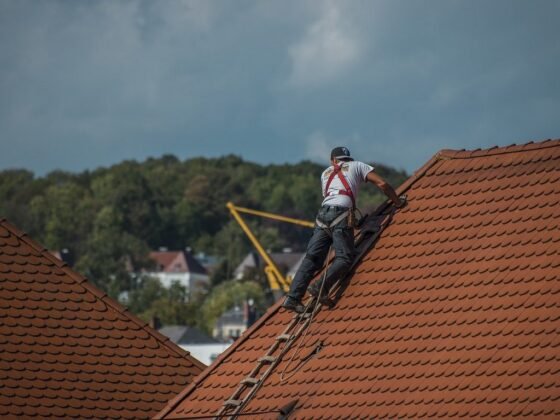Table of Contents Show
If your air conditioning is not cooling or heating your room correctly, your HVAC system must have airflow problems. The first sign of air conditioning or heating system malfunction is sudden cooling and heating flashes.

However, if you have doubts, put your hand in front of the vents to check the airflow. Your HVAC will be emitting languid air if it has airflow problems.
So, how did your HVAC system get airflow problems? See the top 10 causes that can block your HVAC vents.
1. Clogged Air Filters
Not cleaning your air filters for long periods can cause dirt particles and dust to gather and block the air passage.
The air filters keep your house clean from dust, pollen, mold, pet hair, and outdoor pollutants as they pull these particles inward. Therefore, you need to clean your air filters monthly to ensure they are not clogged.
If you don’t clean them frequently, the debris will permanently stick to air filters, not allowing it to cool effectively. In this situation, you must replace your air filters because the old ones are unsalvageable.
You should use a thermostat or AC controller to monitor your air filter condition to avoid this situation. Moreover, living in Texas, your air filters are pretty vulnerable to dirt and dust. So, you should hire an HVAC service in Midlothian, Texas, to clean your air filters every month.
2. Blocked or Leaky Ducts
After dust completely clogs the filters, it moves into the narrow air ducts. This results in the dust shutting them off and the air not having space to come out. In some cases, rodents or birds also create nests in the air conditioning ducts, resulting in duct blockage.
When the air has no place to move out of the vents, the pressure causes holes in the steel sheets. Therefore, to fix HVAC airflow problems, inspect your air ducts monthly.
Read Also:
3. Blocked Condenser Unit
A blocked condenser unit is a pretty common HVAC airflow problem you can fix yourself. Every AC comes with a condenser unit situated outside the house.
Due to that, dirt, bird nests, debris, and more, crawl in and make your condenser unit their home. Consequentially, air can’t pass through, resulting in air conditioner overheating. So, check if it’s a problem and clean your blocked condenser unit.
4. Thermostat Issues
You might overlook checking your air conditioner’s thermostat. However, quite frequently, thermostats malfunction or need to be reset to work correctly. In those cases, contact heating contractors in Oakville, Texas, to fix your air conditioner thermostat.
5. Sluggish Fan
The air conditioner’s built-in fan is responsible for moving and circulating cool air. If the fan motor is not working correctly, its rotors will move sluggishly. You can give them a nice clean and grease the fan blades and motors to keep them turning smoothly.
6. Dirty Condenser Coil
There are condenser coils placed in your air conditioner. They absorb the heat from your living room during the cooling process. Unfortunately, they often accumulate rust and dust due to constant use and stop working.
In addition, dirty condenser coils can’t release the absorbed heat, which restrains airflow. Therefore, it is vital to keep the condenser coil in pristine condition.
7. Wrong Sized HVAC Unit
An oversized HVAC unit does not equal more cooling or heating. HVACs are designed according to the size of the room. Placing a large HVAC in a small room causes air conditioning malfunction as the unit often shuts on and off to maintain a constant room temperature.
Similarly, a small HVAC unit would work twice as hard to adjust room temperature. This strain will ultimately result in its breakdown.
8. Defective AC Blower
AC blowers push the cold air through ducts into the house. If it is defective, it won’t send out cool air with the necessary amount of pressure. Thus, requiring double the work and time to cool your house.
You should check your AC blower’s condition if your HVAC unit is not working. If the AC blower has an issue, wipe it clean to remove all dust and dirt. However, be careful not to cut your hands on the blower’s sharp fans.
9. Old HVAC Unit
If your HVAC unit is older than 10 to 15 years, it is now past its prime time and needs to be replaced. An old unit’s machinery does not operate on the max level and cannot maintain its airflow. So, if your HVAC unit has served you for over a decade, it’s time to contact a technician to see how much longer it’ll last. he can perform a series of HVAC troubleshooting to check your unit.
10. Limited air Return
Your HVAC unit needs to return the same amount of airflow that it is distributing to cool your room. If it doesn’t, your room will not cool properly.
This issue is usually caused by having few vents that cannot send back the required airflow. So, get an air conditioning company to install more vents.
Conclusion
Multiple reasons can trigger HVAC airflow problems. Unfortunately, even though you can check for some of them, you can’t resolve them. So, it is better to approach a professional HVAC contractor in Aurora, to fix your HVAC unit.









